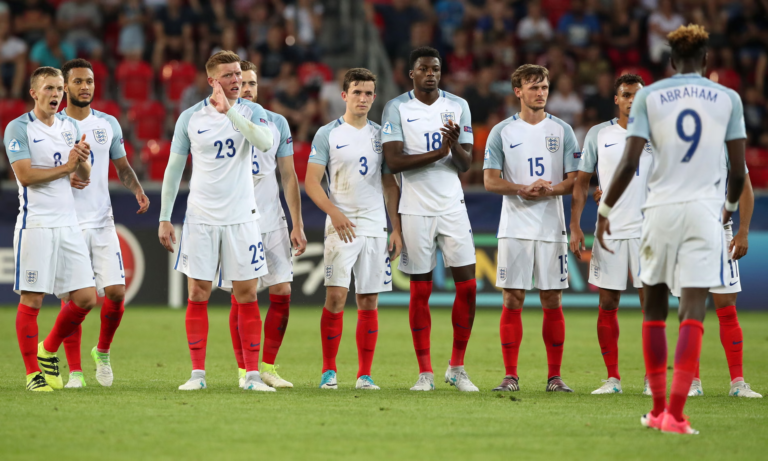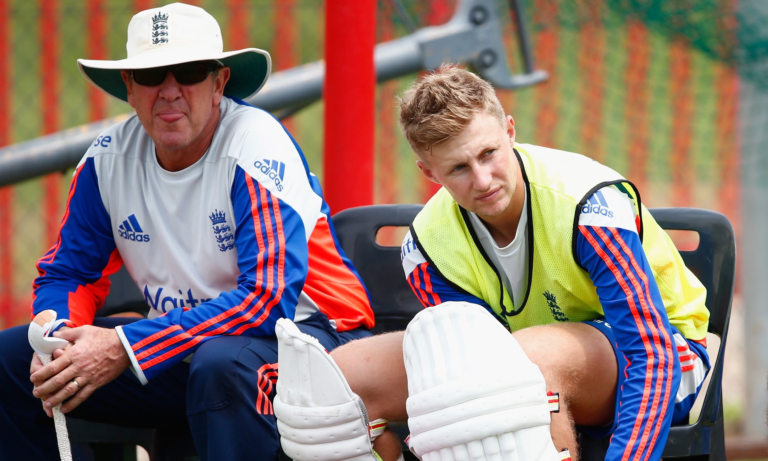
Korea is almost gender equal in terms of education and health care, but the gender gap is significantly wide in family care and decision-making in the public sector, with women facing disadvantages in those areas, a government index showed, Friday.
The Ministry of Gender Equality and Family announced the national gender equality index for 2022, the first year of President Yoon Suk Yeol’s presidency that began in May that year.
The index has been announced every year since 2010, with perfect gender equality being graded at 100 and total inequality graded at zero.
The overall gender equality scored 65.7, which was 0.2 points higher than 2021’s figure.
The areas that showed narrow gaps in gender equality were education with 95.4 points, health with 92.4 points and gender equality awareness with 80 points.
Also, the index on employment rate stood at 78 points, 1.3 points higher than the year before. The ratio of regular workers at a company also rose 1.6 points to 77.8. The index on the wage gap also went up from 66.6 in 2021 to 70 in 2022.
But the country saw significant inequality in care sectors, both child and elderly, with a score of 31.4. The situation was similar in the time spent on 추천 housework and the use of parental leave, at 30.7 points and 31.7 points, respectively, which were similar to the levels in previous years.
Notably, the score on decision-making was the lowest among the various areas at only 30.7 points.
The figure went down from the previous year’s 34.1, indicating that Korean women still face a glass ceiling with small representation in high-ranking positions that hold decision-making authority.
Among them, the ratio of female ministers marked the lowest with 20 points, which is significantly lower than 38.5 points from 2021.
The index stood at 22.3 points for the ratio of female lawmakers, 22.5 points for managers, 41.8 points for high-ranking officials at courts, prosecutors’ offices and police and 46.7 points for high-ranking government officials.
The level of gender equality varied by region, too.
On a four-tier scale of high, intermediate-high, intermediate-low and low, Seoul, Gwangju, Daejeon, Sejong and Jeju ranked at a high level. Meanwhile, North Chungcheong, South Jeolla and North and South Gyeongsang provinces marked themselves at low levels.



